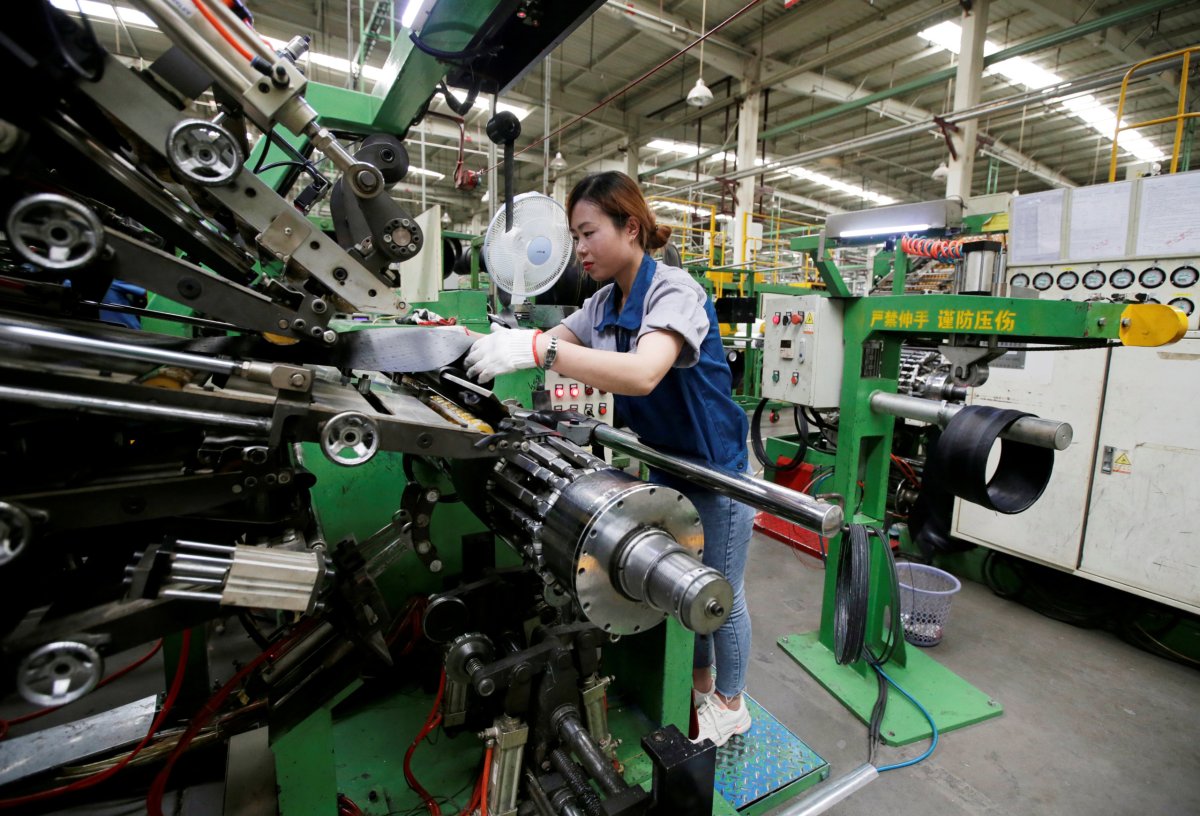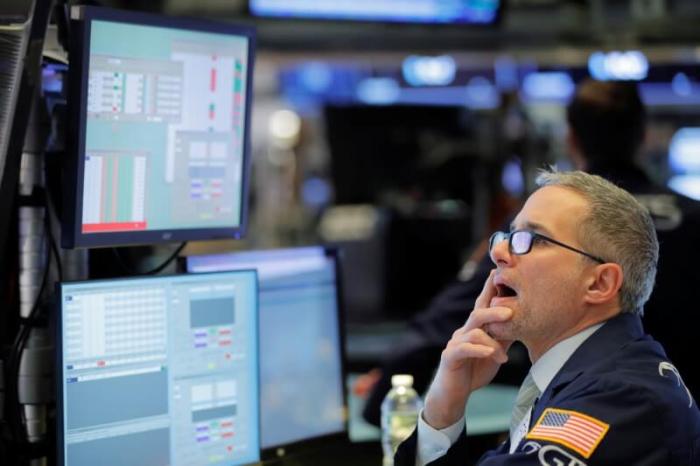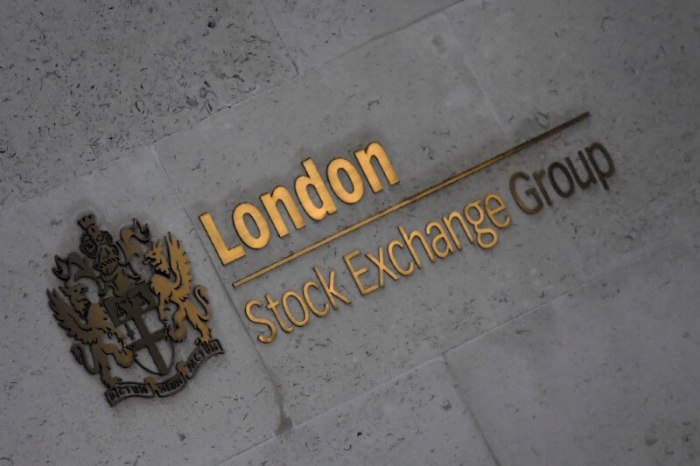By Leika Kihara
TOKYO (Reuters) – The bitter trade war between China and the United States kept Asian factory activity mostly in decline in August, business surveys showed, strengthening the case for policymakers to unleash fresh stimulus to fend off recession risks.
In a surprise development, China’s factory activity unexpectedly expanded in August as output edged up, a private sector purchasing managers’ index (PM) showed on Monday, but orders remained weak and business confidence faltered.
Export-reliant South Korea, Japan and Taiwan also saw factory activity shrink, underscoring the growing pain from the tit-for-tat tariff war between the world’s two-largest economies.
“The broader picture for Asian exports remains very weak because of the impact of the U.S.-China trade war, which is continuing to escalate,” said Rajiv Biswas, Asia Pacific chief economist at IHS Markit.
“It’s not only the U.S.-China trade war. It’s also the slowdown in China’s auto sector and also because the smartphone demand in China has slowed down. That is again having a negative impact on the South Korean and Japanese electronics sector.”
In a fresh escalation of trade tensions, the United States began imposing 15% tariffs on a variety of Chinese goods on Sunday. China reciprocated with new duties on U.S. crude.
In China, the Caixin/Markit Manufacturing Purchasing Managers’ Index (PMI) for August rose to a five-month high of 50.4 from 49.9 in July, beating a median market forecast and exceeding the 50-point level that separates contraction from growth on a monthly basis.
The reading followed Beijing’s official PMI that showed factory activity shrank in August for the fourth month in a row, pointing to a further slowdown in the world’s second-largest economy.
Elsewhere in Asia, Japanese manufacturing activity fell for a fourth straight month in August, underlining a darkening outlook for the world’s third-largest economy.
While Japan’s exports slipped for an eighth month in July due to slumping China-bound sales, the economy has so far enjoyed steady growth thanks to robust domestic demand.
But there are signs the economy may start to lose the support from consumption and capital expenditure.
Manufacturers surveyed in the PMI data said the end of a construction spike ahead of the 2020 Tokyo Olympic Games and a scheduled sales tax hike in October are expected to hurt output volumes the coming months.
Any further sign of weakness in domestic demand could add pressure on the Bank of Japan to ramp up stimulus at its rate review on Sept. 18-19, which follows the European Central Bank’s rate decision and that of the U.S. Federal Reserve.
“The U.S.-China trade war is escalating and we’re also seeing tensions heighten between Washington and Europe,” which could cause the global economy to falter, said Yoshimasa Maruyama, chief market economist at SMBC Nikko Securities.
“Japan may slide into recession around the time the sales tax hike takes effect,” he added.
South Korean’s factory activity also shrank as manufacturers felt the pinch not just from the U.S.-China trade war but an escalating diplomatic dispute with Japan.
The country’s exports tumbled in August for a ninth straight month on sluggish demand from its biggest buyer, China, and depressed prices of computer chips globally.
The bleak data strengthened the case for an additional policy easing by South Korea’s central bank, soon after a surprise interest rate cut in July.
“The peak in trade was reached in October 2018, after which growth has been negative,” ING said in a research note.
“With uncertainty ahead that is not limited to trade tensions between China and the U.S., but also includes increased chances of a no-deal Brexit and slowing global demand, it seems unlikely that the trend in world trade growth will improve markedly in the months ahead.”
(Reporting by Leika Kihara, additional reporting by Daniel Leussink; Editing by Sam Holmes)

















